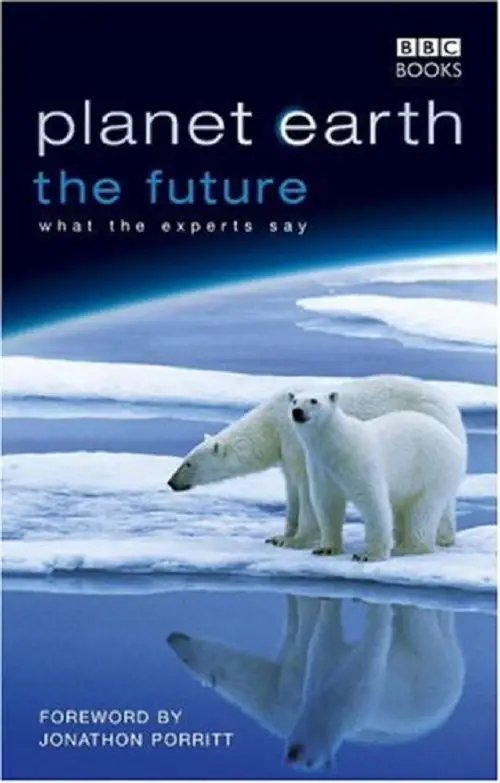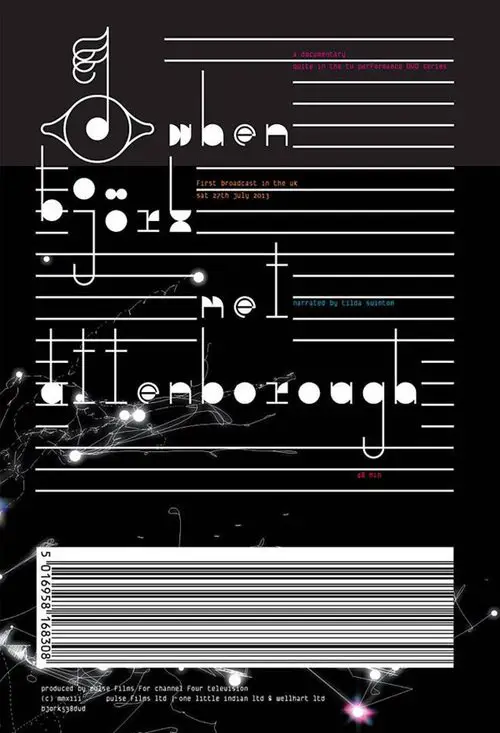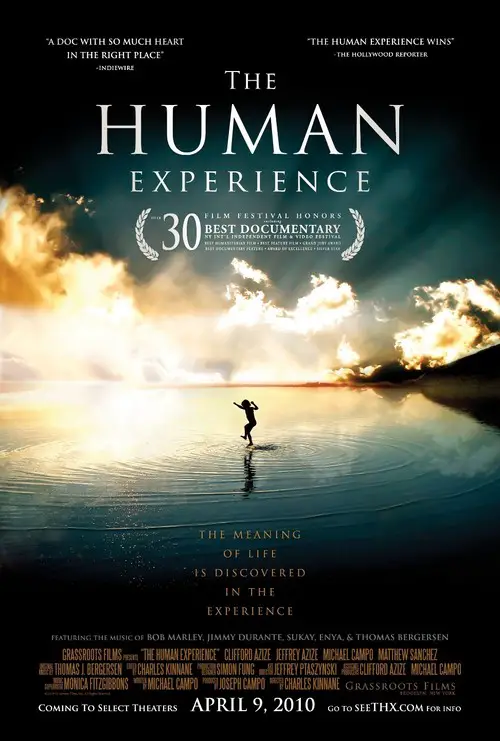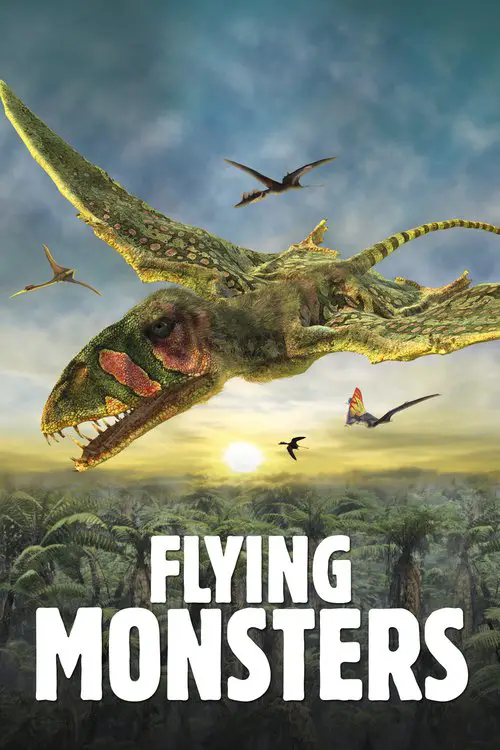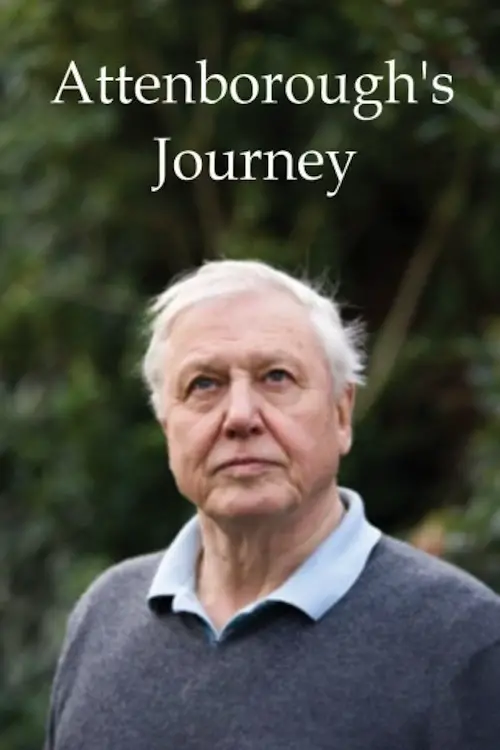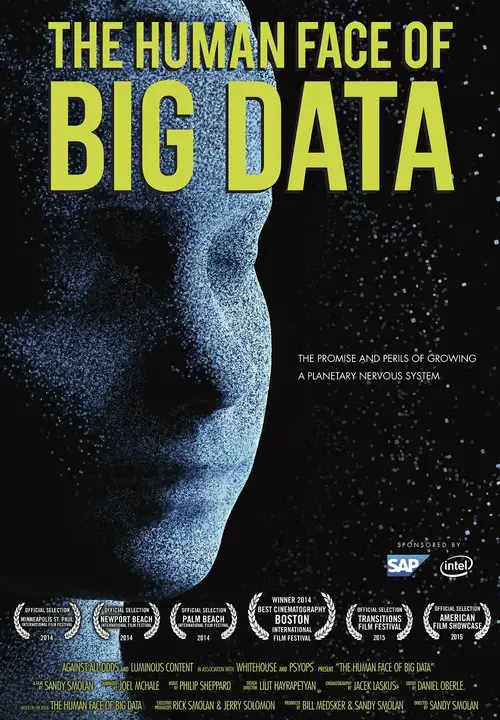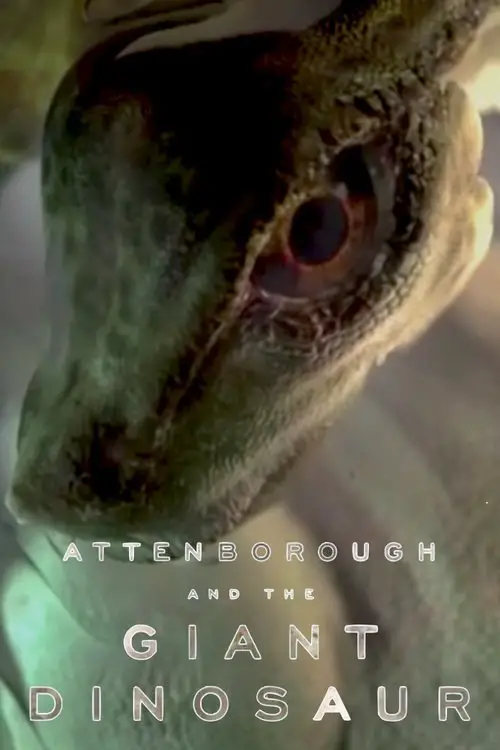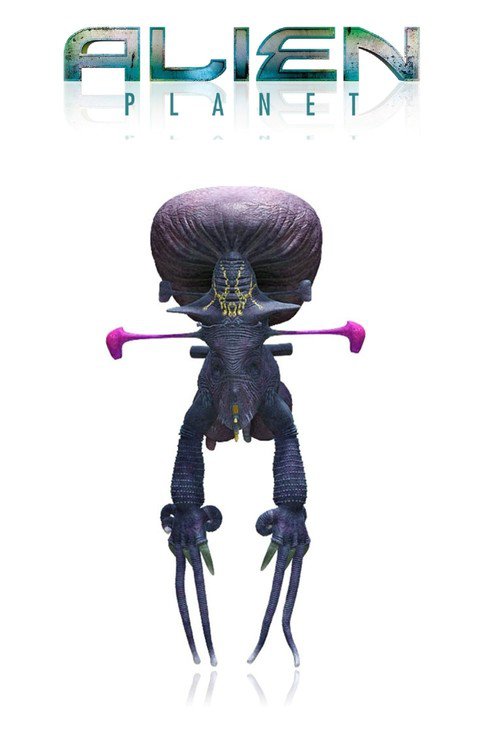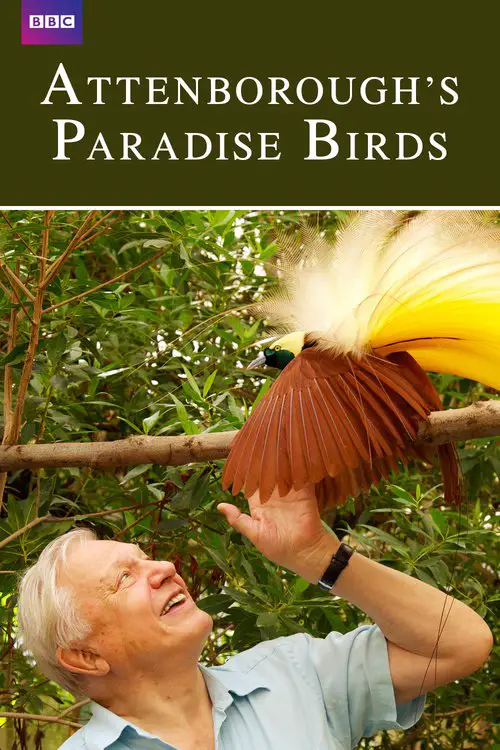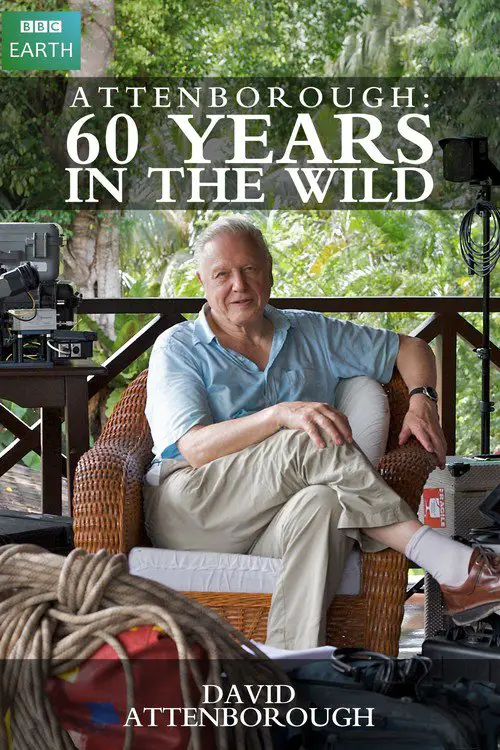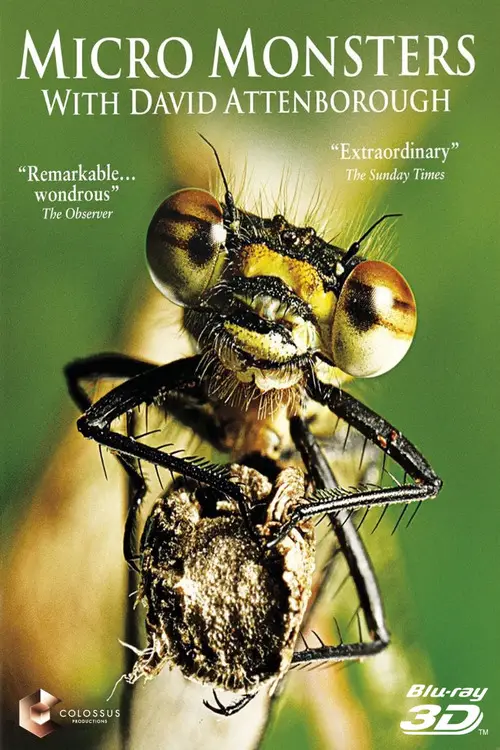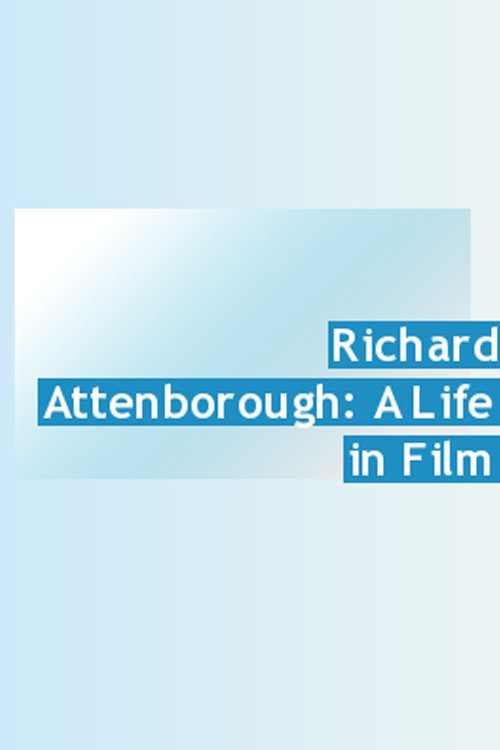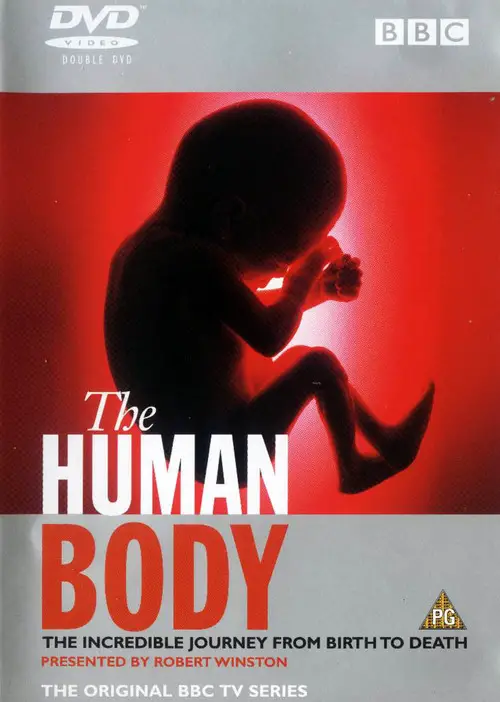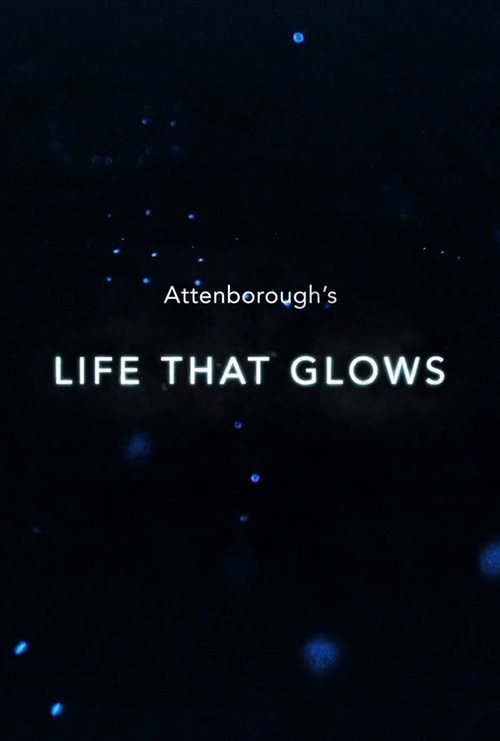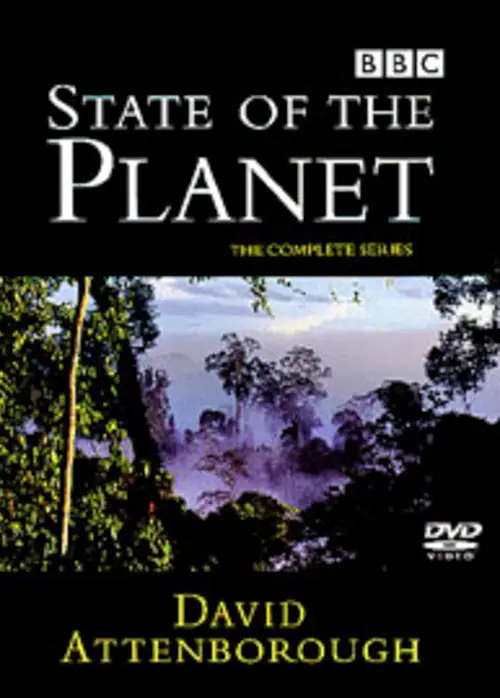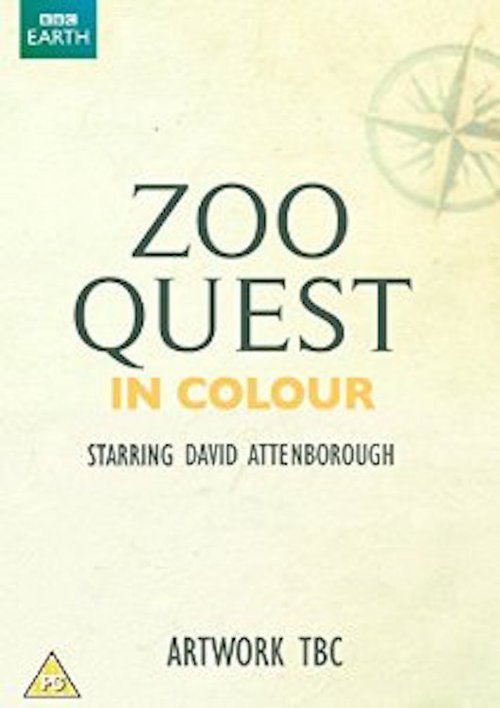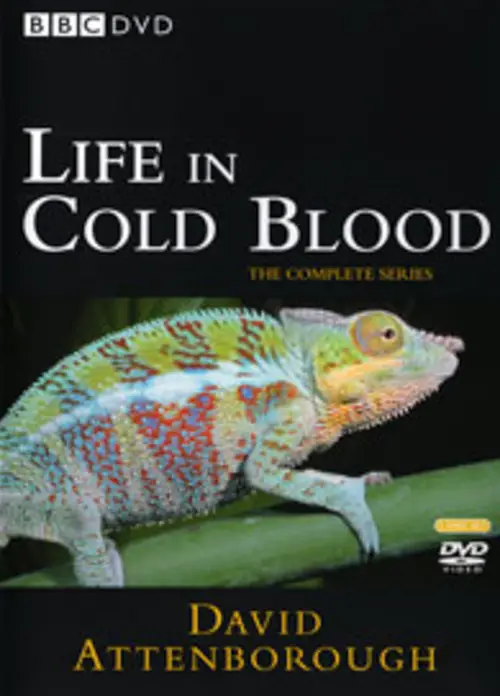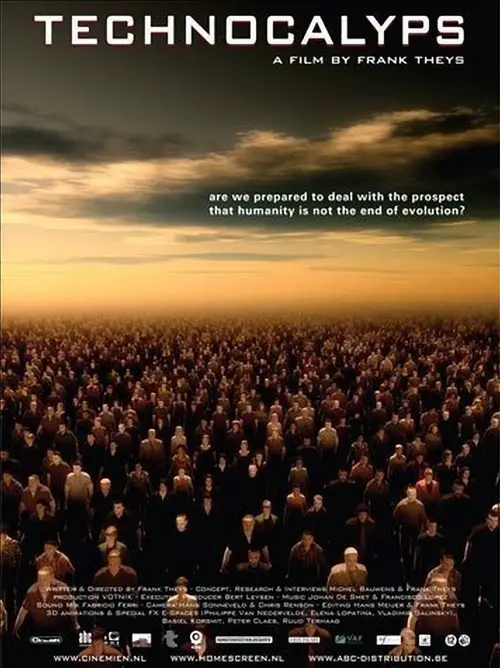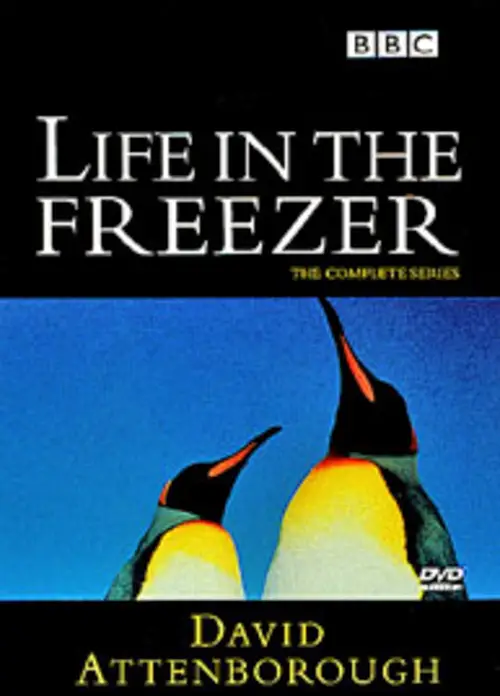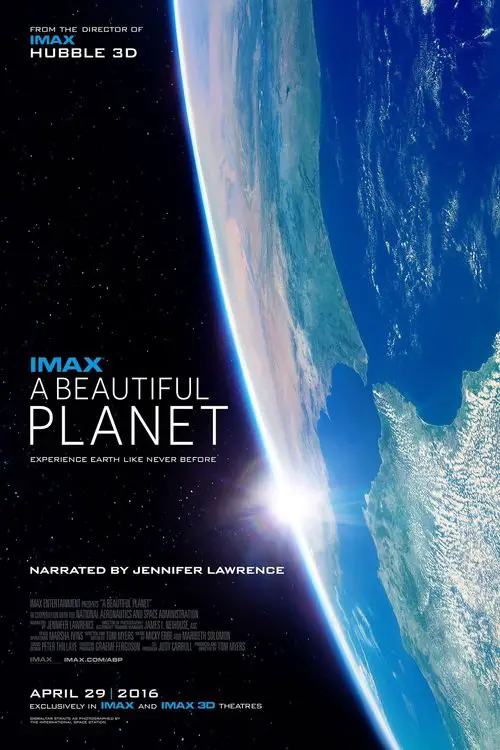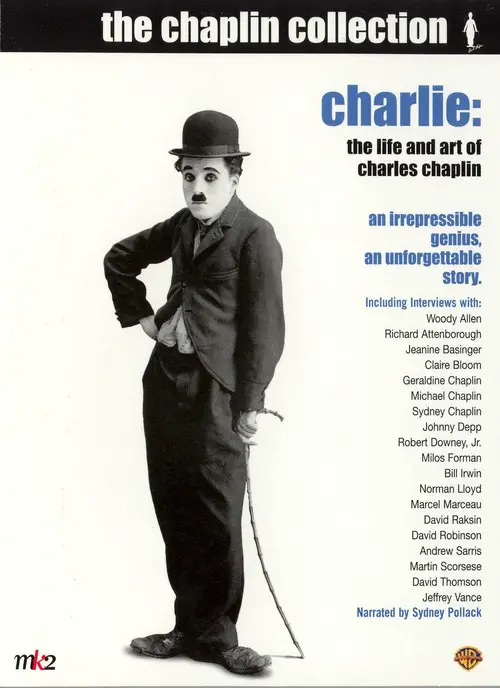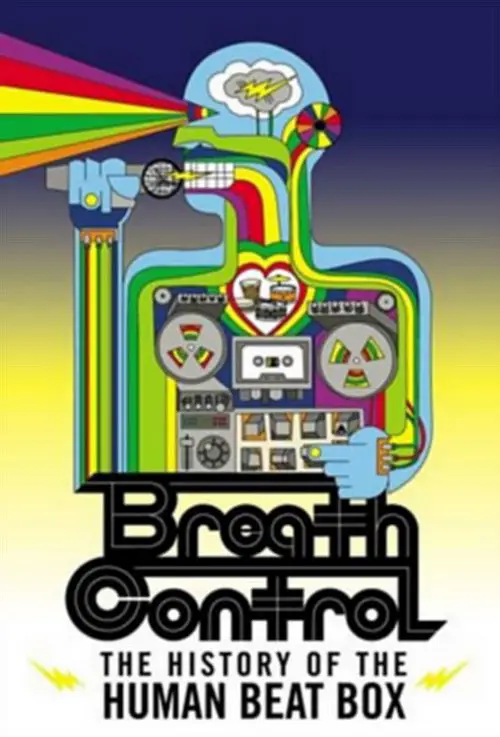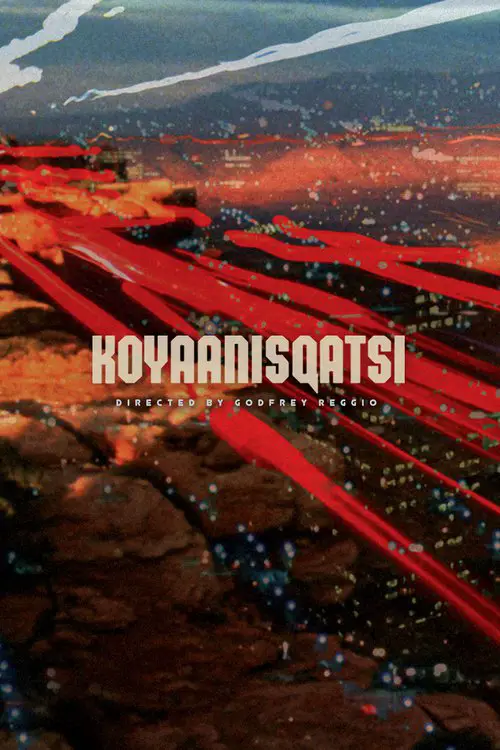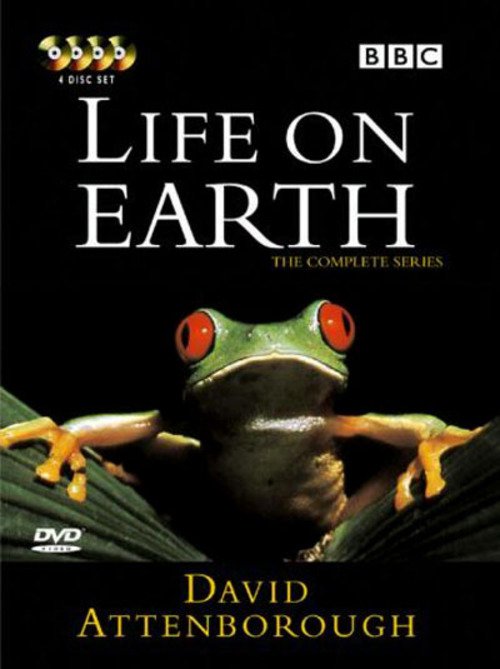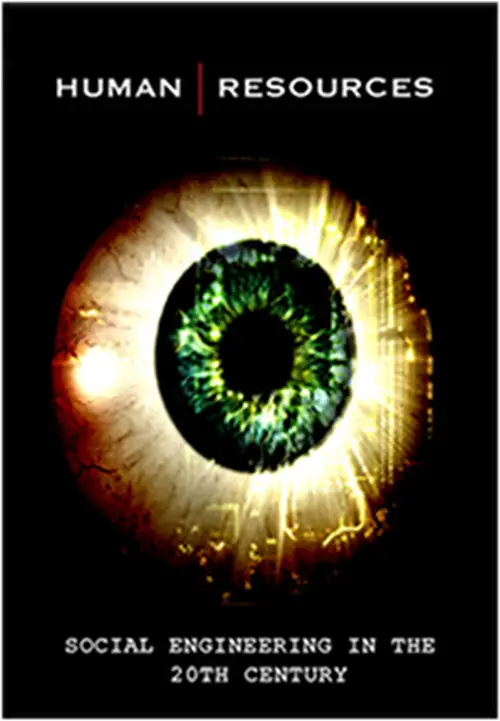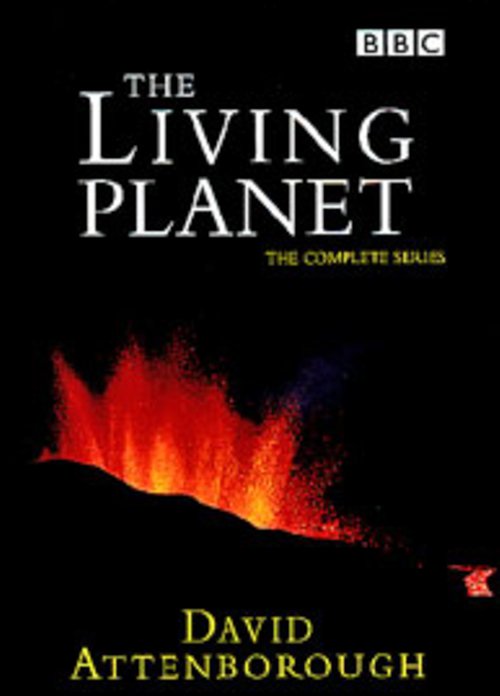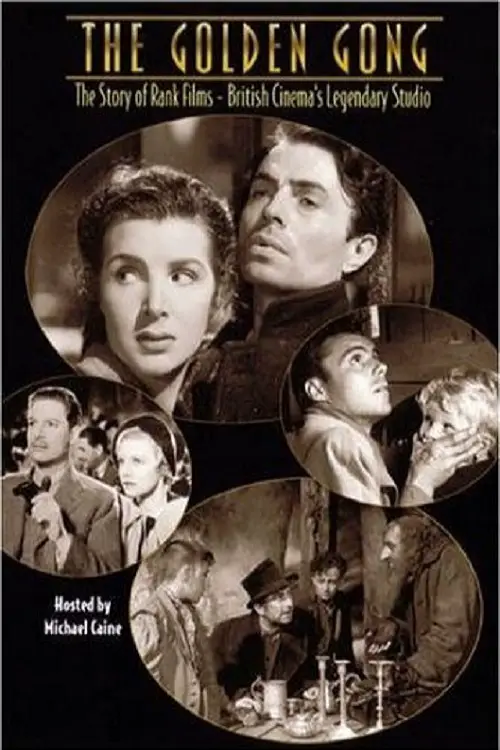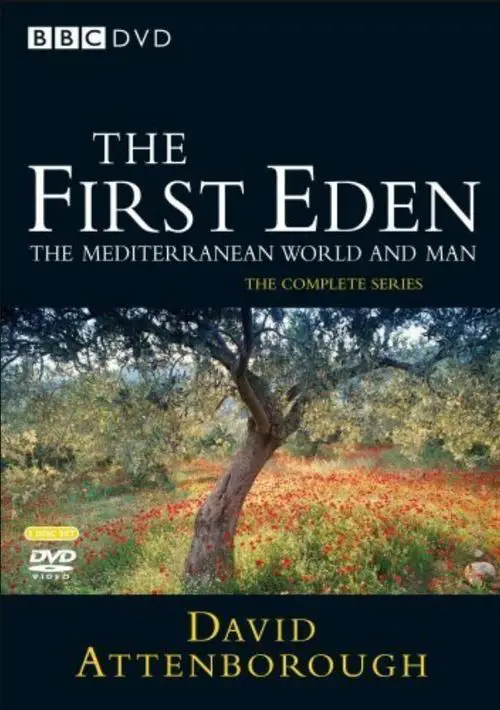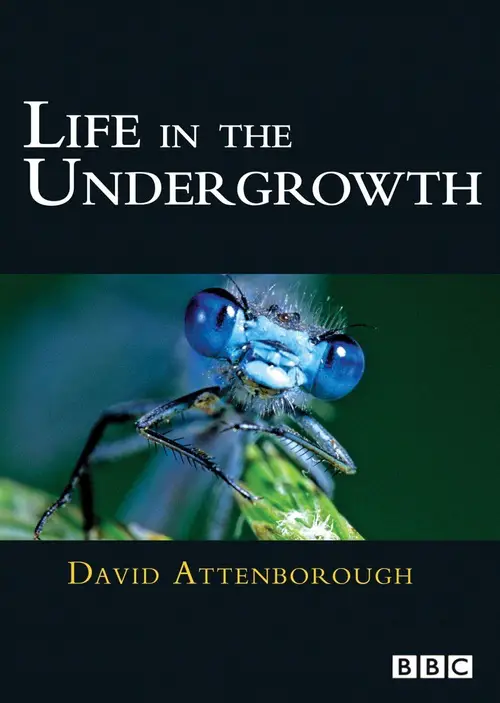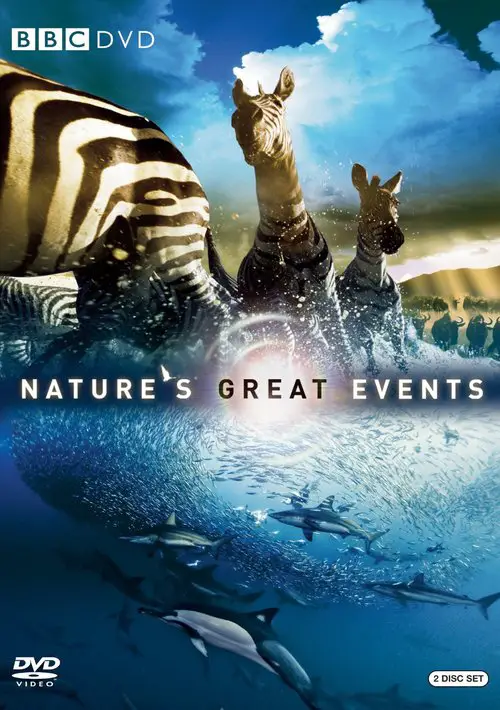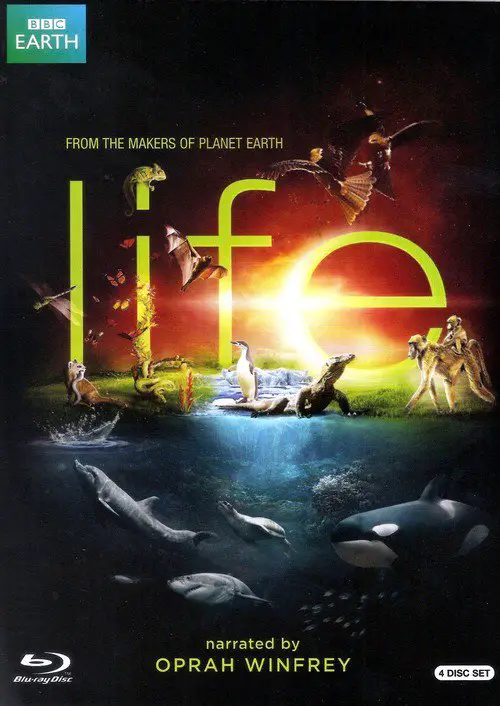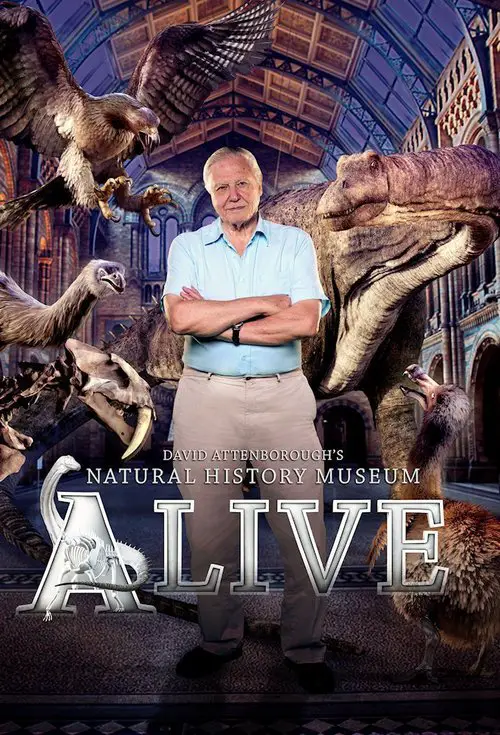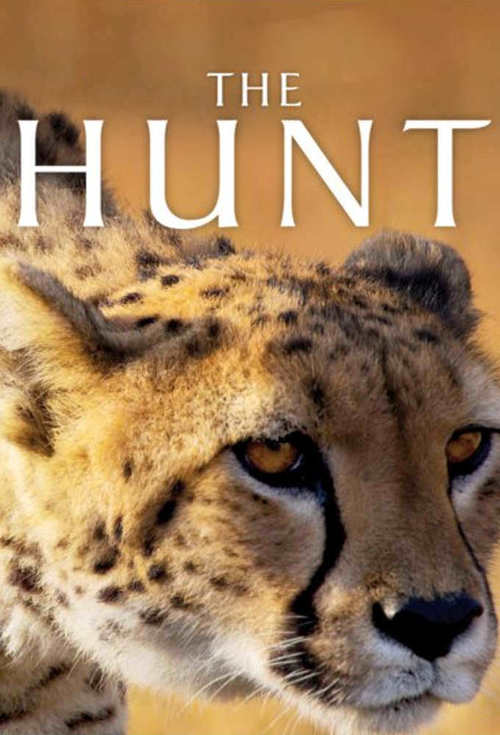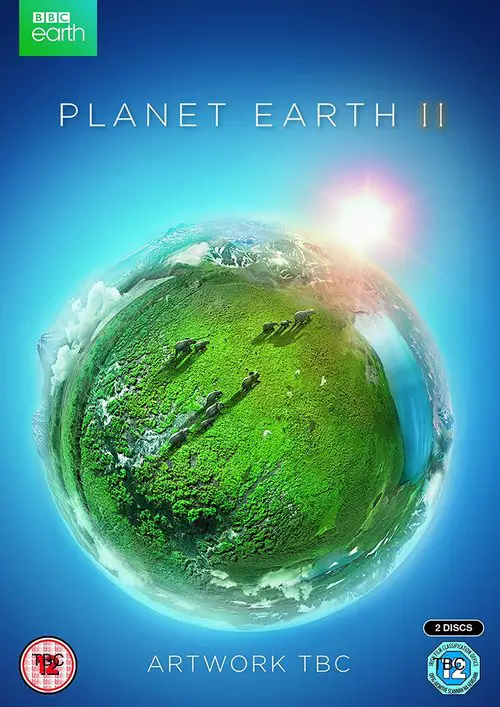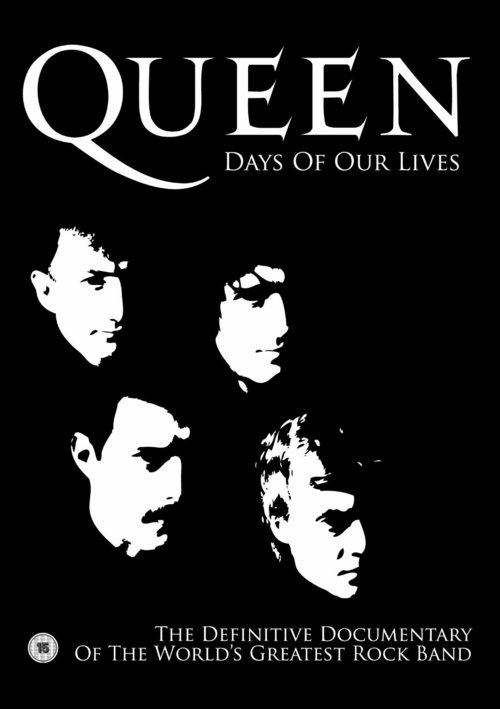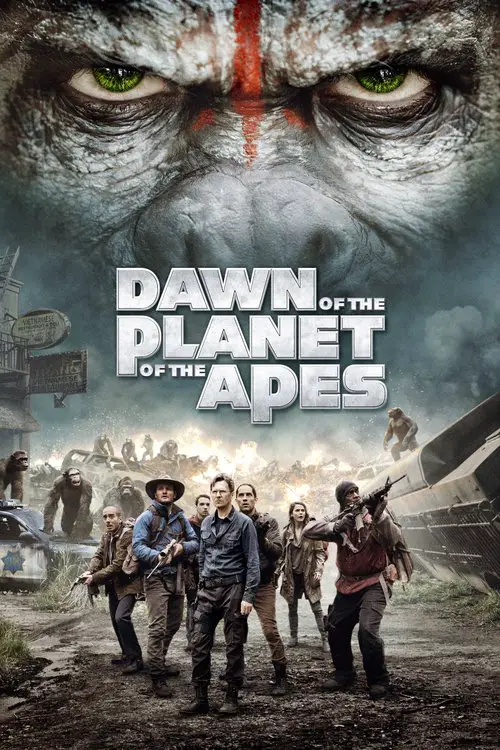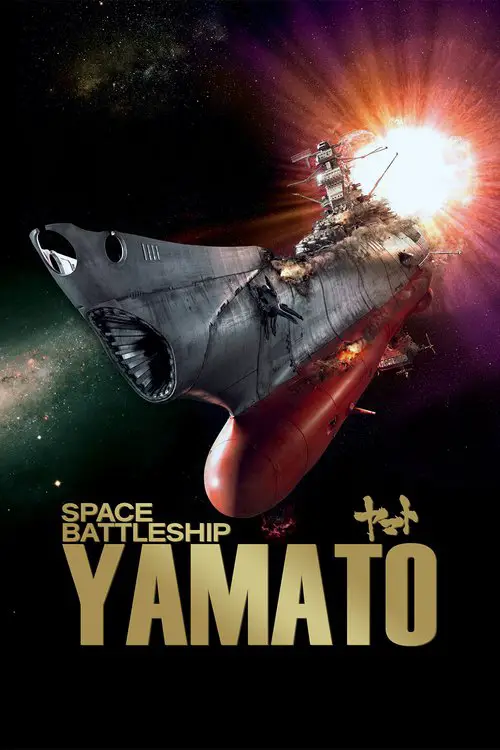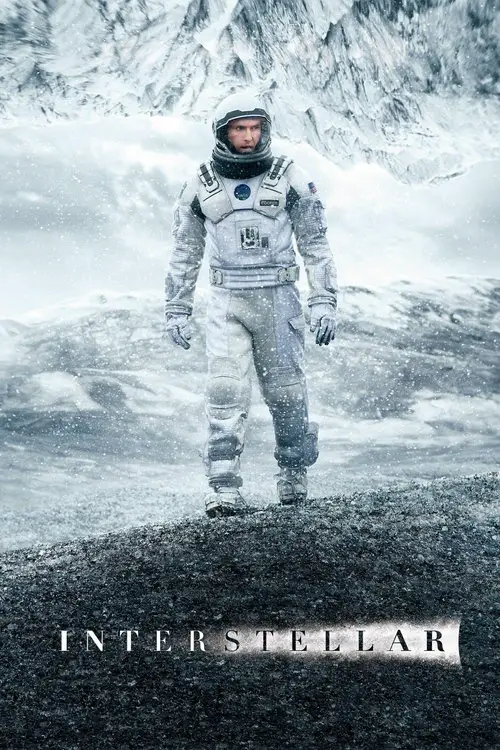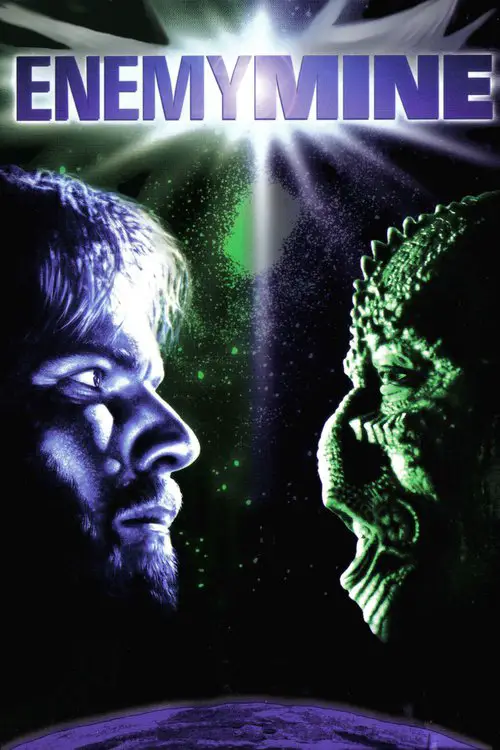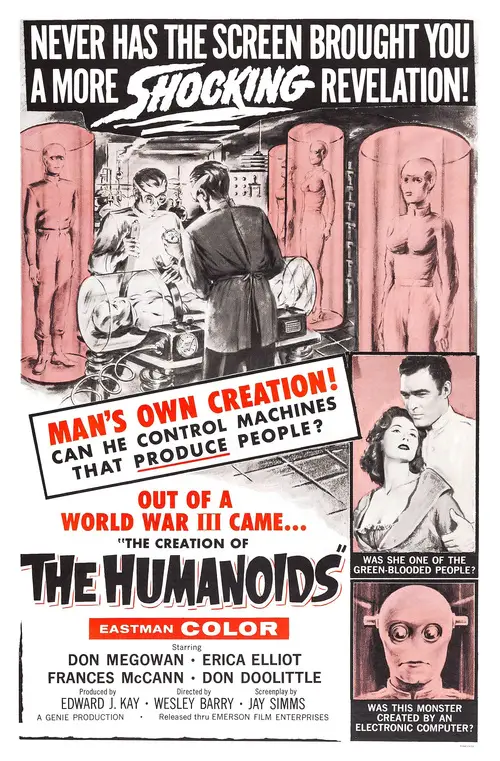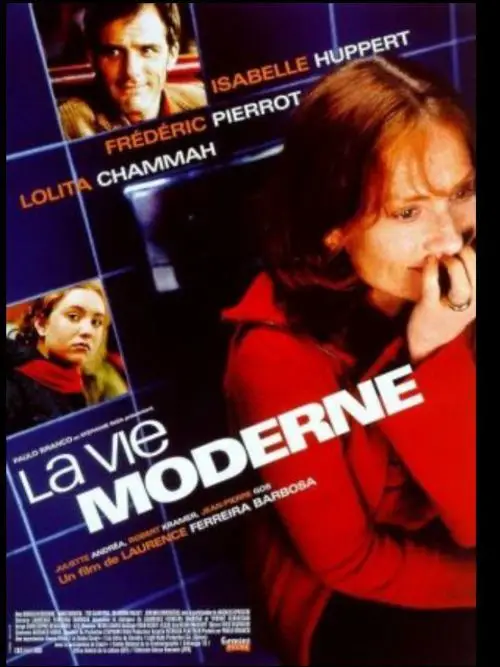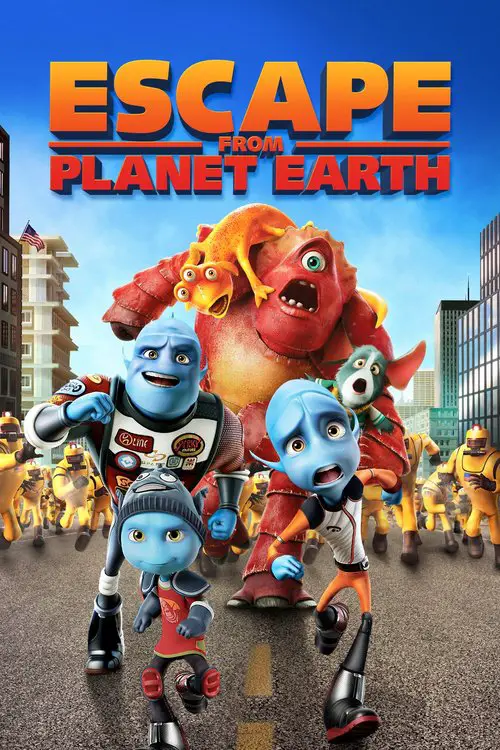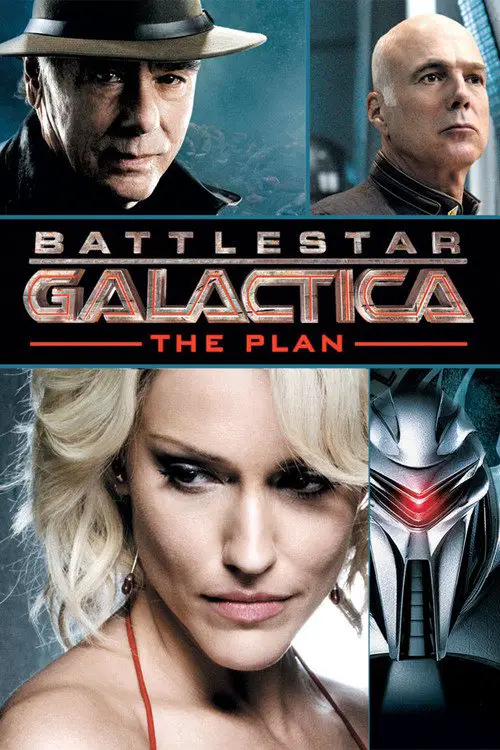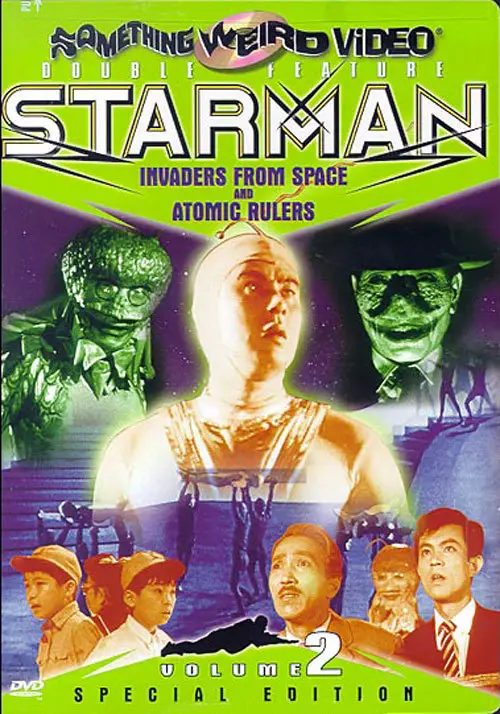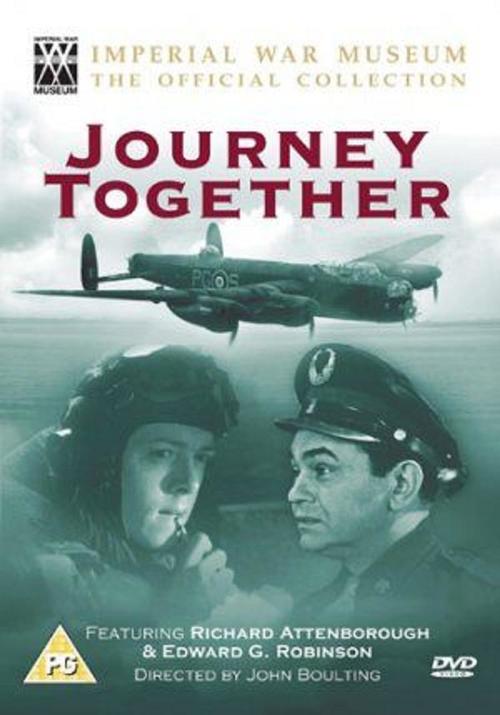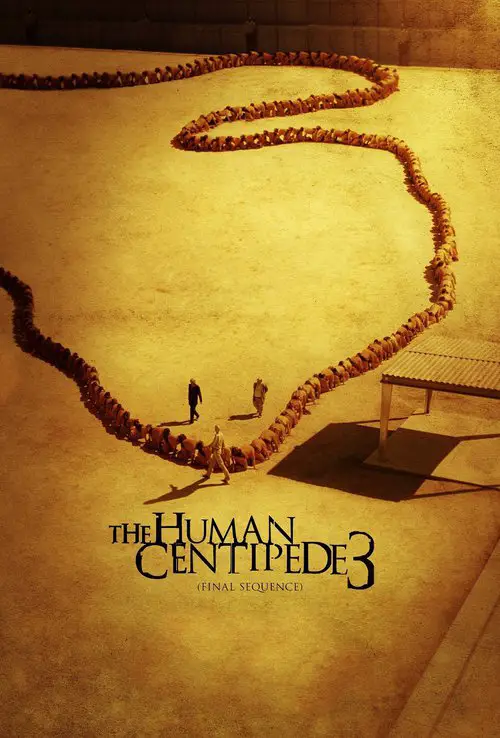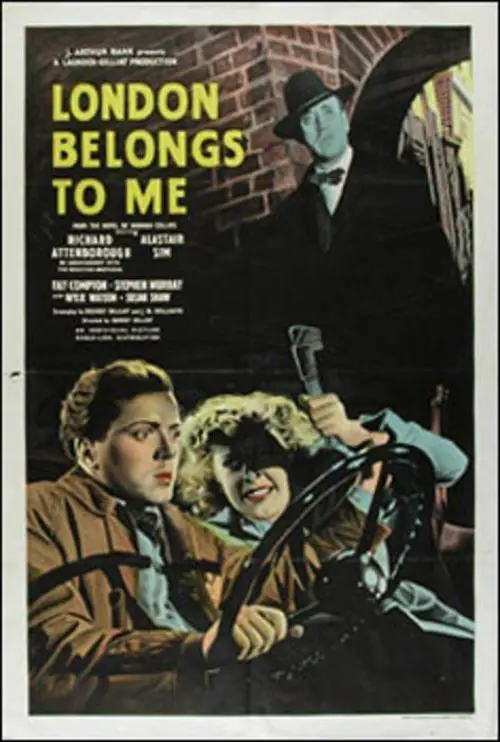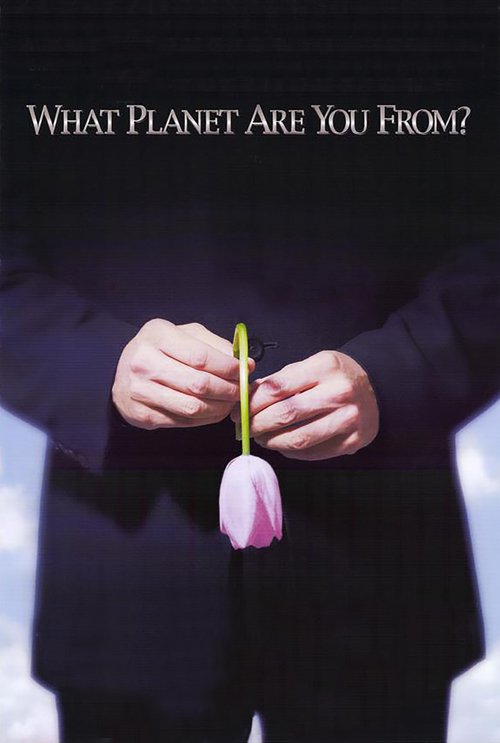Human Planet (2011)
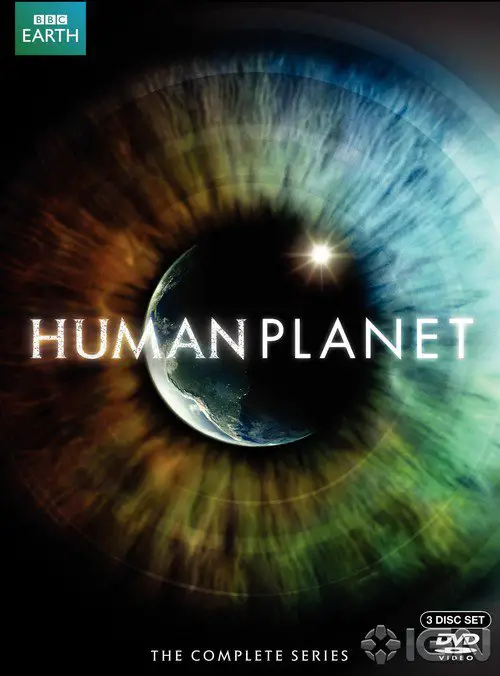
Similar movies
Planet Earth: The Future is a 2006 BBC documentary miniseries on the environment and conservation, produced by the BBC Natural History Unit as a companion to the multi-award winning nature documentary Planet Earth. The programmes were originally broadcast on BBC Four immediately after the final three episodes of Planet Earth on BBC One. Each episode highlights the conservation issues surrounding some of the species and environments featured in Planet Earth, using interviews with the film-makers and eminent figures from the fields of science, conservation, politics, and theology. The programmes are narrated by Simon Poland and the series producer was Fergus Beeley.
Award-winning musician Björk and legendary broadcaster and naturalist Sir David Attenborough have admired each other's work for years but this is the first time they have discussed their mutual love of music and the natural world on screen. In this remarkable documentary, Björk explores our unique relationship with music and discovers how technology might transform the way we engage with it in the future.
The story of a band of brothers who travel the world in search of the answers to the burning questions: Who am I? Who is Man? Why do we search for meaning? Their journey brings them into the middle of the lives of the homeless on the streets of New York City, the orphans and disabled children of Peru, and the abandoned lepers in the forests of Ghana, Africa. What the young men discover changes them forever. Through one on one interviews and real life encounters, the brothers are awakened to the beauty of the human person and the resilience of the human spirit.
220 million years ago dinosaurs were beginning their domination of Earth. But another group of reptiles was about to make an extraordinary leap: pterosaurs were taking control of the skies. The story of how and why these mysterious creatures took to the air is more fantastical than any fiction. In Flying Monsters 3D, Sir David Attenborough the worldâs leading naturalist, sets out to uncover the truth about the enigmatic pterosaurs, whose wingspans of up to 40 feet were equal to that of a modern day jet plane.
Following David Attenborough as he travels the globe to film his series, David Attenborough's First Life, in which he explores the very origins of life on Earth. David journeys to the parts of the world which have had special meaning to him during his 50 years of broadcasting. Beginning near his boyhood Leicestershire home, where he first collected fossils, he then travels to Morocco's arid deserts, the glaciers of Canada and crystal clear waters of Australia's Great Barrier Reef. As a prelude to the First Life series, Attenborough's Journey provides a unique insight into the mind and character of one of the world's most iconic broadcasters as he shares his passions for the natural world. Combining his global journey for First Life and archive material looking back at his illustrious career both as a programme maker and a controller of the BBC, the film reveals what makes him tick.
With the rapid emergence of digital devices, an unstoppable, invisible force is changing human lives in ways from the microscopic to the gargantuan: Big Data, a word that was barely used a few years ago but now governs the day for many of us from the moment we awaken to the extinguishing of the final late-evening light bulb. This massive gathering and analyzing of data in real time is allowing us to not only address some of humanity biggest challenges but is also helping create a new kind of planetary nervous system. Yet as Edward Snowden and the release of the Prism documents have shown, the accessibility of all these data comes at a steep price. The Human Face of Big Data captures the promise and peril of this extraordinary knowledge revolution.
David Attenborough tells the story of the discovery and reconstruction in Argentina of the world's largest-known dinosaur, a brand new species of titanosaur. Measuring 37m long and weighing 70 metric tons, it now holds the record as the biggest animal ever to walk the Earth. In 2014, a shepherd spotted the tip of a gigantic fossil bone sticking out of a rock in La Flecha Farm in the Chubut Province in the Argentinian desert. Palaeontologists soon uncovered a massive 2.4m long thigh bone, the largest ever found. By the end of the dig they had uncovered more than 220 bones. As the programme reveals, these all belong to a new species of the giant plant-eating titanosaur. Filmed over the next two years, Attenborough witnesses the uncovering and examination of these stupendous fossils and the dramatic construction of the complete skeleton. The film also reveals the internal secrets of this dinosaur and what it means to be a giant.
Darwin's great insight â that life has evolved over millions of years by natural selection â has been the cornerstone of all David Attenboroughâs natural history series. In this documentary, he takes us on a deeply personal journey which reflects his own life and the way he came to understand Darwinâs theory.
The dynamic meeting of solid science and futuristic simulation culminates in a dramatic exploration to another inhabited planet seven light years away. Alien Planet creates a realistic depiction of creatures on another world, where life is possible, if not provable, according to scientists' theories. Take this fascinating journey created by state-of-the-art animation and photo-realistic effects.
Luminous beings, creatures with their own internal light, enchant and astonish us. Anyone who has seen a firefly or a glow-worm cannot help but fall under their spell. The sea at night sparkles as millions of luminous plankton reveal the shapes of dolphins in a truly magical light show. Join Sir David Attenborough and a team of the world's leading scientists and deep sea explorers on a quest to reveal the secrets of living lights.
Thanks to a recent remarkable discovery in the BBC's Film Vaults, the best of David Attenborough's early Zoo Quest adventures can now be seen as never before - in colour - and with it the remarkable story of how this pioneering television series was made. First broadcast in December 1954, Zoo Quest was one of the most popular television series of its time and launched the career of the young David Attenborough as a wildlife presenter. Zoo Quest completely changed how viewers saw the world - revealing wildlife and tribal communities that had never been filmed or even seen before.
David Attenborough hosts this compelling documentary series that explores the world of reptiles and amphibians, using amazing new technology that gives viewers a real inside look at these creatures' lives. A co-production between BBC and Animal Planet, the show follows a variety of cold-blooded creatures all over the world, examining the individual behavior and complex societies of these fascinating animals.
Are we prepared for dealing with the prospect that humanity is not the end of evolution? Technocalyps is an intriguing three-part documentary on the notion of transhumanism by Belgian visual artist and filmmaker Frank Theys. The latest findings in genetics, robotics, artificial intelligence, bionics and nanotechnology appear in the media every day, but with no analysis of their common aim: that of exceeding human limitations. The director conducts his enquiry into the scientific, ethical and metaphysical dimensions of technological development.
A Beautiful Planet is a breathtaking portrait of Earth from space, providing a unique perspective and increased understanding of our planet and galaxy as never seen before. Made in cooperation with the National Aeronautics and Space Administration (NASA), the film features stunning footage of our magnificent blue planet â and the effects humanity has had on it over time â captured by the astronauts aboard the International Space Station (ISS) Exclusive IMAX and IMAX® 3D engagements of A Beautiful Planet begin April 29th.
The human beat box is one of the key elements in the development of Hip Hop culture, alongside Dj-ing, Graffiti, Breakdancing, and MC-ing. Unfortunately, its contribution has been largely overlooked, as has the fun, expressive, human, and spontaneous dimension of Hip Hop that it represents. Over 30 practitioners of this art form discuss their techniques and the evolution of their craft, through interviews, live performances, archival footage, and animation.
Documentary - After starting his career producing religious film shorts, J. Arthur Rank went on to become Britain's first and only movie mogul with his establishment of the legendary Pinewood Studios. Narrated by Michael Caine, THE GOLDEN GONG chronicles Pinewood's rise to success. - Richard Attenborough, Dirk Bogarde, Betty E. Box
In The Private Life of Plants, David Attenborough takes us on a guided tour through the secret world of plants, to see things no unaided eye could witness. He shows us the struggles of plants to survive in a story that is full of extraordinary drama and breath-taking beauty.Each programme in this six-part series focuses on one of the critical stages through which every plant must pass if it is to survive:- travelling, growing, and flowering; struggling with one another; creating alliances with other organisms both plant and animal; and evolving complex ways of surviving in the earth's most ferociously hostile environments.
Each year over one million wildebeest and zebra invade the Serengeti grasslands, making it a paradise for the predators the live there. But what happens when the herds move off again? We follow the moving story of one lion family's struggle to survive until the return of the great migration. The Ntudu pride has seven cubs, and is already suffering as the wildebeest leave to find fresh pastures. The four pride females struggle to find enough food for their hungry offspring. As weeks turn to months, the pride members become more emaciated and frailer, and the number of cubs dwindles to just two.
David Attenborough's legendary BBC crew explains and shows wildlife all over planet earth in this 10-episode miniseries. The first is an overview the challenges facing life, the others are dedicated to hunting, the deep sea and various major evolutionary groups of creatures: plants, primates and other large sections of other vertebrates and invertebrates.
Regular opening times do not apply as we accompany Sir David Attenborough on an after-hours journey around Londonâs Natural History Museum, one of his favourite haunts. The museum's various exhibits coming to life, including dinosaurs, reptiles and creatures from the ice age. Shot by the same 3D team that worked on Gravity, examines how the animals and creatures at the London museum once roamed the earth.
The contests between predators and prey are the most critical events in nature. The outcome of these interactions is seldom a foregone conclusion. For both sides, it is a matter of life and death. Narrated by Sir David Attenborough, this series takes an intimate look at the remarkable strategies of hunters and, in some cases, the hunted, exploring the challenges animals face and the tactics they employ. It is how animals respond to a particular challenge that determines whether they are successful. The strategies of both predators and prey are shaped by where they live, so each episode focuses on one principal habitat, whether savannah, jungle or ocean.
In 1971, four college students got together to form a rock band. Since then, that certain band called Queen have released 26 albums and sold over 300 million records worldwide. The popularity of Freddie Mercury, Brian May, Roger Taylor and John Deacon is stronger than ever 40 years on. But it was no bed of roses. No pleasure cruise. Queen had their share of kicks in the face, but they came through and this is how they did it, set against the backdrop of brilliant music and stunning live performances from every corner of the globe. In this film, for the first time, it is the band that tells their story. Featuring brand new interviews with the band and unseen archive footage (including their recently unearthed, first ever TV performance), it is a compelling story told with intelligence, wit, plenty of humor and painful honesty.
After a spectacular crash-landing on an uncharted planet, brash astronaut Leo Davidson (Mark Wahlberg) finds himself trapped in a savage world where talking apes dominate the human race. Desperate to find a way home, Leo must evade the invincible gorilla army led by Ruthless General Thade (Tim Roth) and his most trusted warrior, Attar (Michael Clarke Duncan).
Astronaut Brent is sent to rescue Taylor but crash lands on the Planet of the Apes, just like Taylor did in the original film. Taylor has disappeared into the Forbidden Zone so Brent and Nova try to follow and find him. He discovers a cult of humans that fear the Apes' latest military movements and finds himself in the middle. Tension mounts to a climactic battle between ape and man deep in the bowels of the planet.
A representative of an alien race that went through drastic evolution to survive its own climate change, Klaatu comes to Earth to assess whether humanity can prevent the environmental damage they have inflicted on their own planet. When barred from speaking to the United Nations, he decides humankind shall be exterminated so the planet can survive.
In 2199, five years after the Gamilons began an invasion of Earth, the planet has been ravaged by the aliens' bombs. The remnants of humanity have fled underground to escape the irradiated surface. One day, former pilot Susumu Kodai discovers a capsule sent from the planet Iscandar that tells of a device that can remove the radiation from the Earth's surface. The Earth Defense Force rebuilds the battleship Yamato with a new type of propulsion system to make the 148,000 light year trip to Iscandar in hopes of saving the Earth. Within one year, the radiation will drive the rest of humanity to extinction.
A soldier from Earth crashlands on an alien world after sustaining battle damage. Eventually he encounters another survivor, but from the enemy species he was fighting; they band together to survive on this hostile world. In the end the human finds himself caring for his enemy in a completely unexpected way.
The fifth and final episode in the Planet of the Apes series. After the collapse of human civilization, a community of intelligent apes led by Caesar lives in harmony with a group of humans. Gorilla General Aldo tries to cause an ape civil war and a community of human mutants who live beneath a destroyed city try to conquer those whom they perceive as enemies. All leading to the finale.
Many years after a nuclear war destroyed much of human kind, the survivors have created a new society where much of the work done by artificial beings referred to derisively by humans as "clickers". Humans are producing fewer and fewer children and are less than a year away from having more artificial beings than humans. Most vociferous about the evolving situation is the Order of Flesh and Blood, an organization that is out to ensure that humans remain dominant. Among them is Capt. Kenneth Cragis who becomes very concerned that his sister Esme has formed a relationship with one of the artificial beings. He quickly forms a close relationship with Esme's friend Maxine Megan. Soon, they learn a great secret that affects them both directly.
It made me think a little to "Magnolia", the difference is that there is no extraordinary coïncidence and only three characters. They have three very different lives and when they meet... Claire, played by the wonderful Isabelle Huppert, who has a quite normal life in a small city, she can't have children. She comes to Paris to see a doctor. Marguerite is a Teenager. She feels "different". Jacques is an ex-alcoholic, unemployed, left by his wife. He meets a strange girl who asks him a strange thing... I guess the conclusion of that movie is to tell us that the 6 billion human beeings living on our planet have 6 billion different stories... I appreciated, maybe I'll forget this movie quickly but it is objectively good.
Taylor and two other astronauts come out of deep hibernation to find that their ship has crashed. Escaping with little more than clothes they find that they have landed on a planet where men are pre-lingual and uncivilized while apes have learned speech and technology. Taylor is captured and taken to the city of the apes after damaging his throat so that he is silent and cannot communicate with the apes.
A philosophical burlesque, Human Nature follows the ups and downs of an obsessive scientist, a female naturalist, and the man they discover, born and raised in the wild. As scientist Nathan trains the wild man, Puff, in the ways of the world - starting with table manners - Nathan's lover Lila fights to preserve the man's simian past, which represents a freedom enviable to most.
Classic British drama about the residents of a large terrace house in London between Christmas 1938 and September 1939.
Among them are young motor mechanic Percy Boon (Richard Attenborough) and his mother (Gladys Henson); the landlady, Mrs Vizzard (Joyce Carey), who is a widow and a believer in spiritualism; Mrs Josser (Fay Compton), Mr Josser (Wylie Watson) and their teenage daughter (Susan Shaw); the eccentric spiritualist medium Mr Squales (Alastair Sim), and the colourful Connie Coke (Ivy St Helier).
Percy is in love with the Josser's daughter, Doris (Susan Shaw), and reluctantly turns to crime to raise money to impress her with.
But things go horribly wrong.
Percy Boon (Richard Attenborough) lives with his mother in a shared rented house with an assortment of characters in central London. Although well intentioned, Percy becomes mixed up with gangsters and murder. The story focuses on the effects this has on Percy and the other residents.
A highly-evolved planet, whose denizens feel no emotion and reproduce by cloning, plans to take over Earth from the inside by sending an operative, fashioned with a humming, mechanical penis, to impregnate an earthling and stay until the birth. The alien, Harold Anderson, goes to Phoenix as a banker and sets to work finding a mate. His approaches to women are inept, and the humming phallus doesn't help, but on the advice of a banking colleague, he cruises an AA meeting, meets Susan, and somehow convinces her to marry. The clock starts to tick: will she conceive, have a baby, and lose Harold (and the child) to his planet before he discovers emotion and starts to care?
A space-ship gets lost and is forced to make an emergency landing on an unknown planet. The planet looks much like Earth, only with no trace of civilization. Soon the crew discovers that there are dinosaurs on the planet, and blood-thirsty buggers at that. The crew hopes to be found and rescued, but they have to struggle to survive until then
© Valossa 2015–2026
| Privacy Policy
